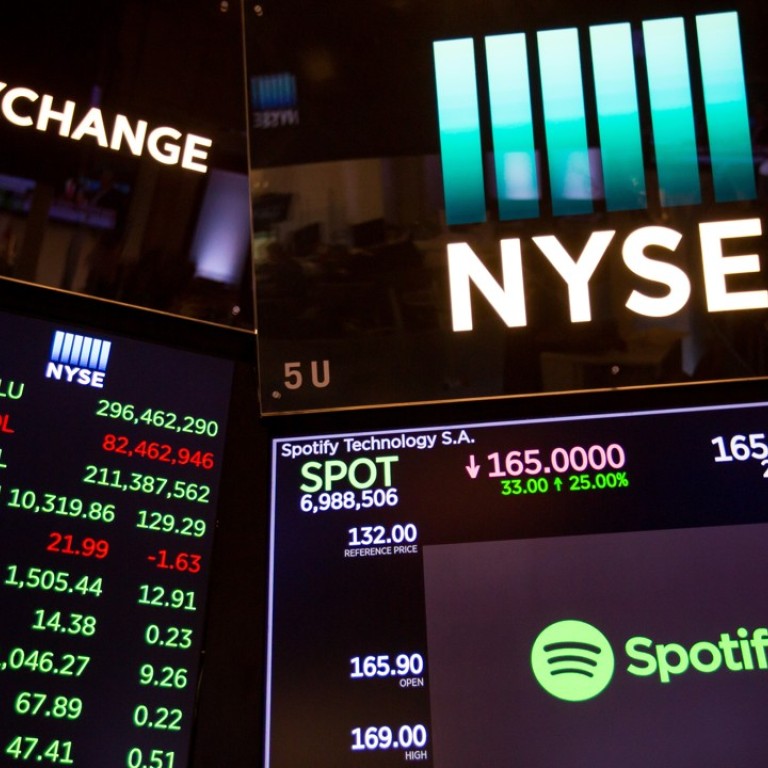
Hong Kong stock exchange is no stranger to listings like Spotify IPO
First, the concept of a “DIY listing” or, as it’s referred to in the Hong Kong listing rules, a listing by “introduction”, is nothing new. In Hong Kong, our own stock exchange conducted a listing by introduction after it demutualised in 2000. Similar to the Spotify initial public offering (IPO), the HKEX IPO had no underwriters, the shares simply became available for sale by the stock and futures exchange members who had become its shareholders.
This kind of IPO doesn’t work where a company is held by just a few shareholders, but it does for a company like Spotify which had 560 shareholders prior to the listing.
Second, on his point of equal access, while in the US it’s true that not every retail investor can participate in IPOs, many can through their brokerage accounts. In Hong Kong, most IPOs include a public offer subscription tranche which allows anyone with a Hong Kong ID card to participate. Just like with Spotify, anyone with a brokerage account can buy shares once trading begins.
Third, the underwriters of an IPO do not “manipulate the market” to hit price targets. Many IPOs do feature an over-allotment option, the most simple explanation of which is that it gives the underwriters the option to support the price of the stock at or below the listing price for a month after listing while an orderly market in the shares develops.
Finally, Mr Vines writes that, “It [Spotify] does not need the flotation’s proceeds as it is sitting on a cash and securities pile totalling some US$1.3 billion.”
Spotify did not receive any proceeds from the offering. The shares which were sold were all sold by the existing pre-IPO shareholders. Creating a market for them to monetise their investment was a key reason for going to the market.
Eliot Fisk, Old Peak Road

